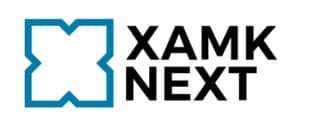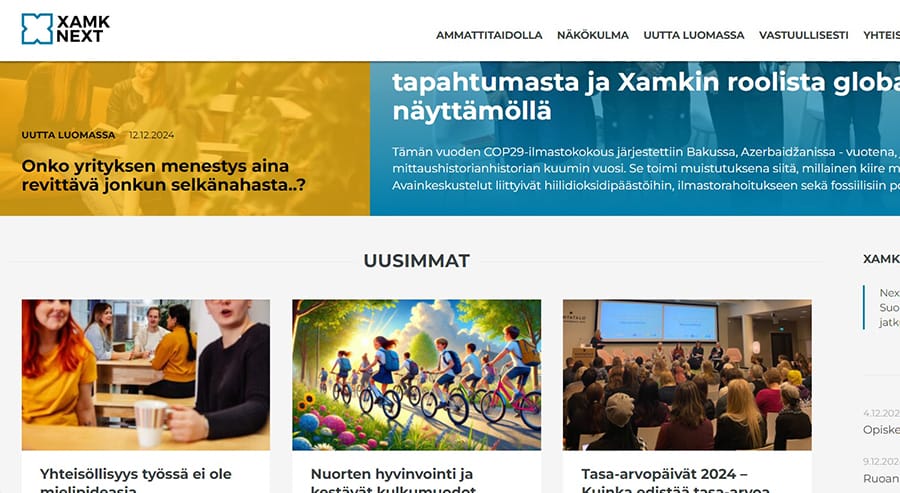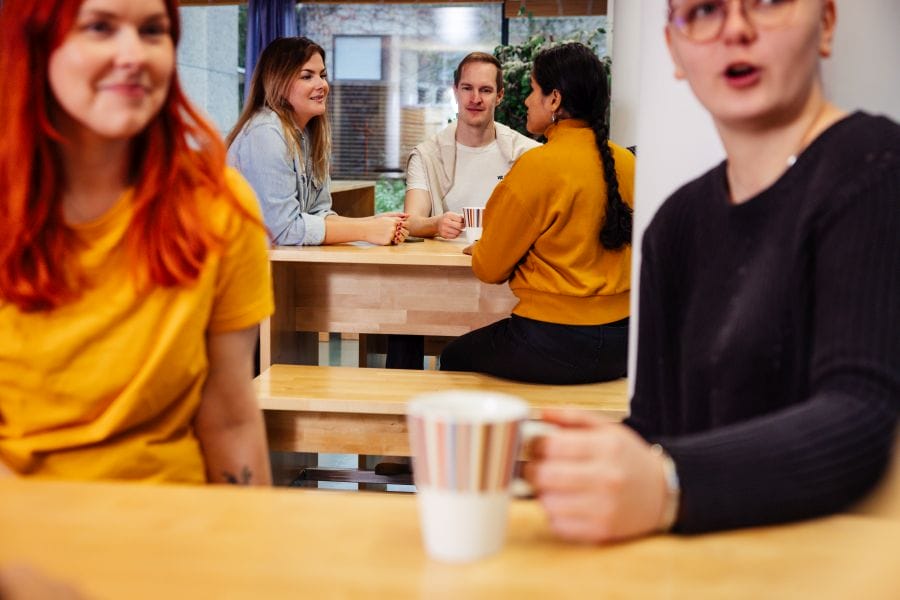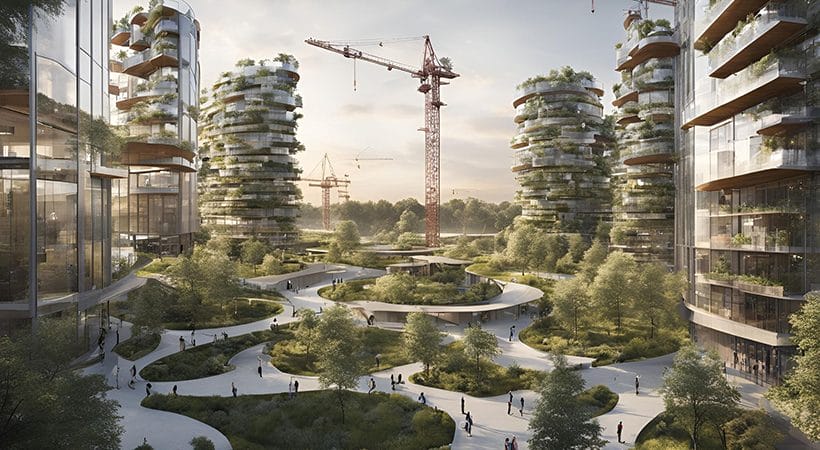Developing R&D concepts for circular economy based construction through strategic design methods
Transitioning into circular economy is seen to be especially crucial in the construction industry, as the built environment is responsible for large effects on land use, carbon emissions and use of virgin raw materials. The ongoing polycrisis, meaning the interlinked systemic crisis in different socio-economic spheres, underlines the need for radical sustainable innovation in the construction sector. The application of circular economy to the construction industry requires a systems-thinking approach as growth should be de-coupled from resource extraction.
Circular economy R&D concept development has been advanced in the South-Eastern Finland University of Applied Sciences, Xamk, through the utilisation of strategic design. The work seeks to foster multidisciplinary R&D and to find effective regional development concepts and support learning between research units and regions. The findings are relevant for research and education institutions and were presented at the Responsible Business Research Conference 2024 in Tampere on 13–14 March 2024.
Strategic design method in R&D concept ideation
By utilising strategic design, it is possible to find solutions to wicked problems, combining technical perspectives with design expertise. Design thinking is a creative design process that helps discover and perceive new things (Miettinen 2011). Design thinking is combined with strategic development, utilising tools such as service design, which incorporates human-centeredness, creativity, and co-creation into the process. Strategic design promotes collaboration, in this case through an Innovation Camp method. The Innovation Camp follows the double diamond process model of service design, where divergent and convergent thinking alternate (British Design Council).
The innovation camp was supported by circular economy consultancy Ethica’s Circular Desing Sprint approach, based on e.g. the Cradle to Cradle framework. The participants were employees and students of Xamk, a total of 26 people. The facilitation of the innovation camp was done in collaboration between Xamk and Ethica, making it possible to test a large amount of different development tools. The camp consisted of a virtual starting session and two sprint sessions (2 days + 2 days) at Youth centre Anjala. As and outcome, common interests were found and six R&D concepts outlined for further development. Utilising Corporate Innovation Framework (Vetter 2023) the created concepts can be categorised accordingly (Maunula & Leirimaa 2024).
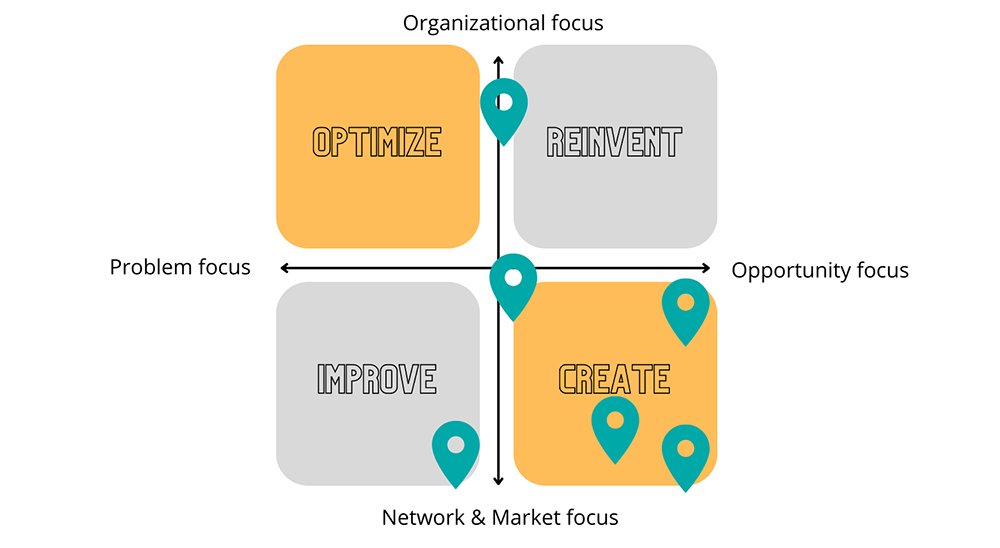
Presenting findings in a scientific conference
Findings from Xamk’s innovation camp were presented at the Responsible Business Research Conference 2024 in Tampere on 13 March within the circular economy track. Presenting findings gave the opportunity to communicate Xamk’s research endeavours and our circular economy and service design expertise. Even though the presentation was based on an applied research measure, rather than on academic research, it fit into the conference programme nicely and we got good feedback. The other conference presentations on circular economy and other responsible business research themes were excellent as well as the discussions in the conference and the research field is evolving and having impact.
Design methodology is increasingly relevant in business research, as it provides tools to address the ongoing polycrisis and advance green transitions and sustainable development. Strategic design promotes multidisciplinary R&D and business collaboration. It is valuable in driving systemic change needed in the green transition. We are proud to be contributing to the academic discussion, regional development and creative methodology development within our applied research at Xamk.
Project information
CIRCON – Competences and materials for low-carbon and circular economy based construction project (1.11.2021–31.10.2024) helps Xamk to respond more comprehensively to the national and global challenges of reducing carbon emissions of the built environment through R&D.
The project promotes circular economy by producing knowledge and know-how, as well as through investments in research equipment and laboratories. The project also aims to create new products and concepts in a multidisciplinary manner in collaboration between five of Xamk research units and at the interface of teaching, and involving different stakeholders.
The CIRCON project is part of Xamk’s strategic funding and it is funded by the Ministry of Education and Culture.
More information on the project website.
References
Miettinen, S. (toim.) 2011. Palvelumuotoilu – uusia menetelmiä käyttäjätiedonhankintaan ja hyödyntämiseen.
British Design Council. Www-dokumentti. https://www.designcouncil.org.uk/our-resources/framework-for-innovation/
Vetter, S. (2023) Corporate Innovation Framework. Www-lähde. Innovative Strategy. Saatavissa: https://www.innovate-strategy.com/articles/corporate-innovation-a-framework-for-defining-innovation-initiatives
